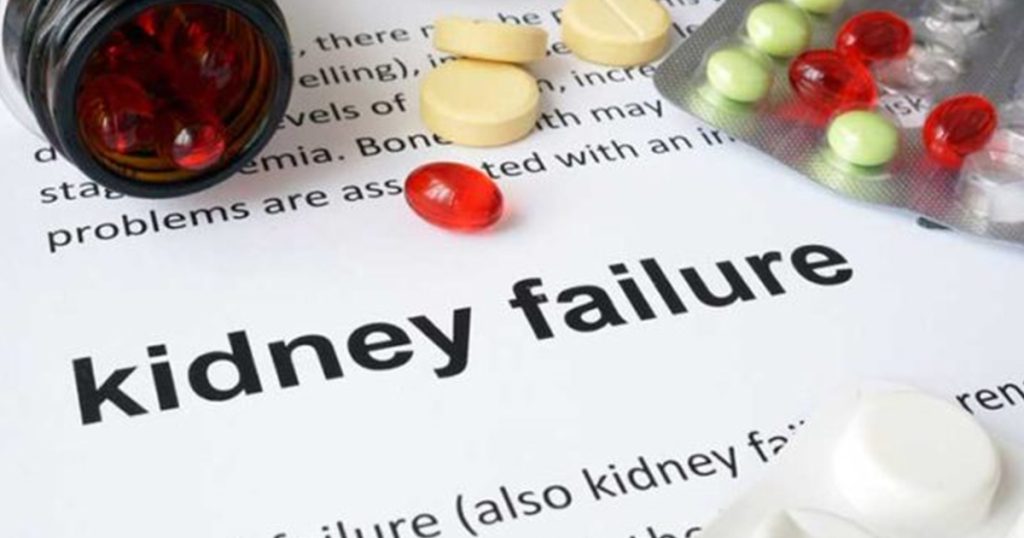What Treatments Are Available For Kidney Failure?

What is Kidney Failure?
Kidney failure occurs when the kidney function falls below 15% of normal function. When kidney failure occurs, it means that your kidneys have stopped working well enough for you to be able to survive without dialysis or a kidney transplant. This means that your kidneys are unable to do their normal function of filtering out waste from the blood and balancing out the body’s fluids.
What are the causes of Kidney Failure?
The causes of kidney failure can range, but is typically caused by other health problems that have slowly damaged the kidneys over time. Little by little the kidneys can be damaged and ultimately get to a point where they are unable to function properly or at all. Some of these health conditions include diabetes (the most common), high blood pressure, autoimmune diseases, genetic diseases, and problems in the urinary tract system such as kidney stones. There are risk factors that can also contribute, such as smoking tobacco, drinking too much alcohol, and a poor diet.
What are symptoms of kidney failure?
Kidney failure can present itself in many ways and symptoms can vary from every person. However some of the main symptoms of kidney failure include: Decreased urine output, swelling of the legs, ankles or feet, shortness of breath, fatigue, nausea, weakness, and confusion. Occasionally, acute kidney failure can cause no symptoms at all and can only be seen through lab tests.
Kidney Failure Treatment:
There are two main options for kidney failure treatment. The first treatment option is dialysis (also called hemodialysis or peritoneal dialysis). Hemodialysis is a treatment where your blood gets filtered for you through a machine because your body is unable to do it itself. For hemodialysis, the blood from your body is pumped through a machine where it is filtered through an artificial kidney (also called a dialyzer) and then returned to your body, performing the same duty that your kidney is supposed to be doing. This type of treatment can be done at home or at a dialysis center. Peritoneal dialysis, which is another type of dialysis, is a treatment option where your blood is cleaned inside your body and not outside like hemodialysis. During this treatment, a cleaning solution will flow through your body through a tube called a PD catheter. In a similar way to hemodialysis, the waste and excess fluid in the blood will be passed from the blood into the cleansing solution. This treatment option allows for more flexibility because it can be done at home, work, or school. The second treatment option would be a kidney transplant. A kidney transplant is an operation that removes a healthy kidney from one person, and puts it into the body of the person with kidney failure. The healthy kidney can come from a relative, spouse, close friend, or from a living or deceased organ donor. A kidney transplant is not a cure to kidney failure as it is important for the person to care for the new kidney.
How to decide which treatment is best?
The best thing to do when deciding which treatment is best is to talk with friends and family to find out which treatment option best suits your living style. The options are flexible and can be changed to a different treatment in the future. As life changes, your treatment options can change with you. It is still important to discuss with a health care provider as there may be an option that is better suited for you or not.
Book An Appointment Today At Cassena Kidney Care!
There are a variety of places that will help you learn more about kidney infections. At Cassena Kidney Care, we will help you get back to feeling your best, and also ensure you are being educated on risks about your kidney health. We have sevaral locations that are convenient for all patients.